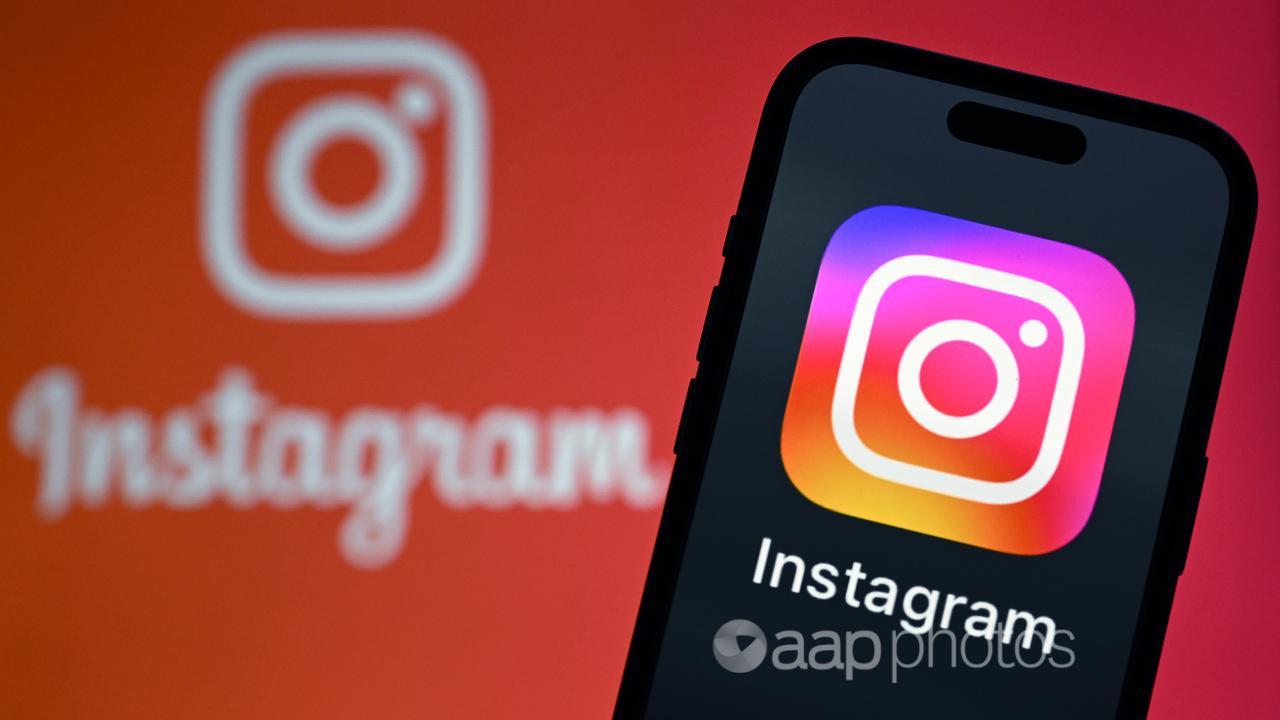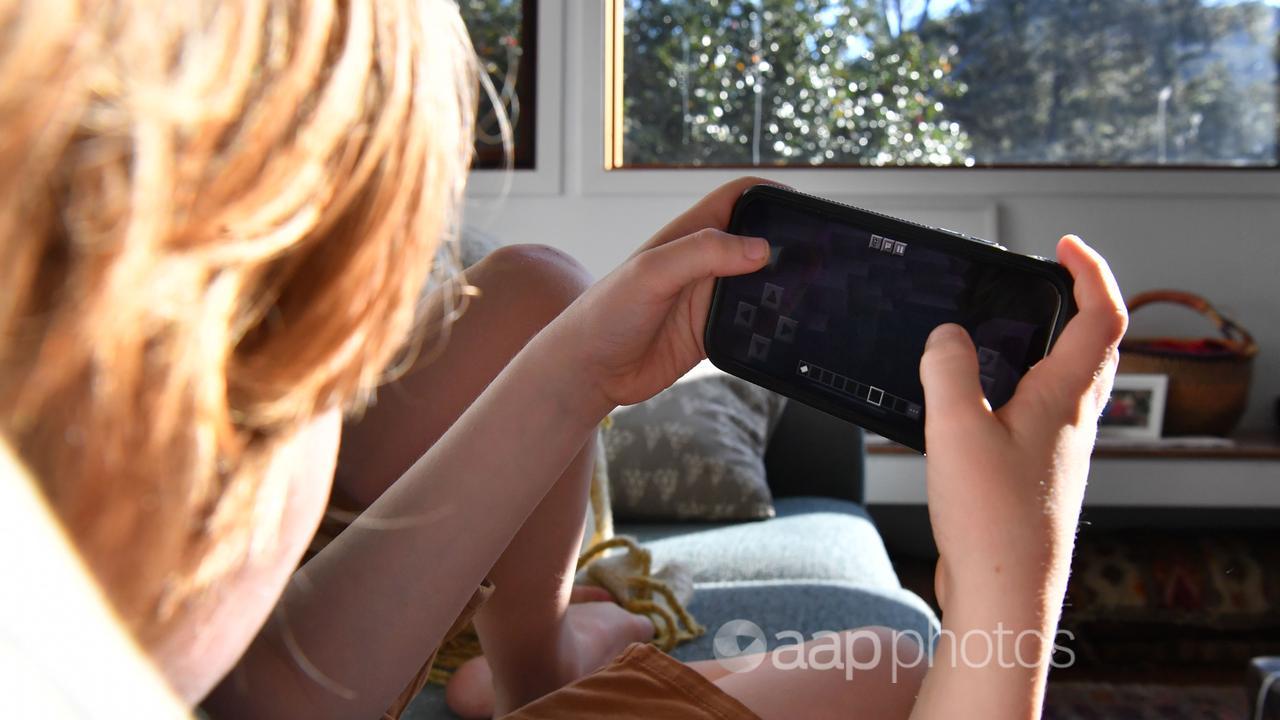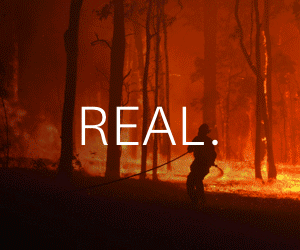Parents are being warned their children will still be at risk on the internet once a social media ban takes effect, and the crackdown could even make things worse.
Under-16s in Australia will be banned from using social media after federal parliament signed off on the world-first proposal.
The laws, which come into effect in late-2025, will capture platforms including Facebook, Instagram, Snapchat, Reddit and X (formerly Twitter).

Exemptions will apply for health and education services including YouTube, Messenger Kids, WhatsApp, Kids Helpline and Google Classroom.
Online gaming platforms will also be exempt.
RMIT professor of information sciences Lisa Given believes the social media ban could make parents more complacent, and might push children to unsafe places online.
“Parents may take the ban as a false sense of security that kids are not going to be encountering harms or that they don’t need to give them digital literacy skills to navigate possible harms found on other platforms like gaming and messaging ones,” Prof Given told AAP.
“I don’t think it is going to be as straightforward as parents are being led to believe.”
Children will still be able to see content on Facebook or YouTube but will be banned from making an account.
Prof Given said being online is a part of being a modern citizen, and the ban will just push children to less-regulated corners of the internet.
“They may find very unsafe corners of the internet and then not be able to disclose that to their parents for fear of getting in trouble or doing the wrong thing,” she said.
“We’ve now potentially taken away opportunities for kids to talk and play on platforms with an engaged parent right beside them.”
Marcus Carter, a professor in human-computer interaction at the University of Sydney, said adding gaming and messaging platforms to the banned list would be unwise.
“Play is really important for young people for development, identity, socialising and creativity and digital playgrounds is where an enormous amount of that is happening now,” Prof Carter told AAP.
“From a developmental perspective, there is no difference between playing with toys and being online.”
He said the government’s proposed ban includes a broad definition of social media that could eventually include gaming and messaging platforms.
“That would be a huge mistake because children derive so much benefit and joy from those platforms,” he said.
“An approach that involves banning them rather than working with the platforms to make them safer is not supported by the evidence – we can’t just take away the internet.”

Both experts say platforms need to be better regulated and parents must not take their foot off the pedal of online education.
Meta, the parent company of Facebook and Instagram, on Monday announced plans to tighten requirements for ads promoting financial services including loans, credit cards and investments.
It comes as the federal government proposed a digital competition regime for big tech to protect consumers and bolster competition.
Social media companies have criticised the limit as “rushed” and difficult to enforce, going so far as to warn of unintended consequences on free speech.
By the time promotional verification requirements finish rolling out in February, advertisers will be required to reveal who is paying for the ads, and who benefits from them.
Advertisers will also have to give an Australian Financial Services Licence or explain why the advertiser is exempt from holding one.
Fraudulent advertising has been an issue on social media platforms for several years, with prominent Australians having their names and likenesses used to promote dodgy investment platforms and cryptocurrencies.
Meta is testing facial recognition techniques to target such “celeb-bait” scams.
The Australian Competition and Consumer Commission will oversee compliance, with penalties for breaches worth up to $50 million or 30 per cent of a company’s turnover.



















